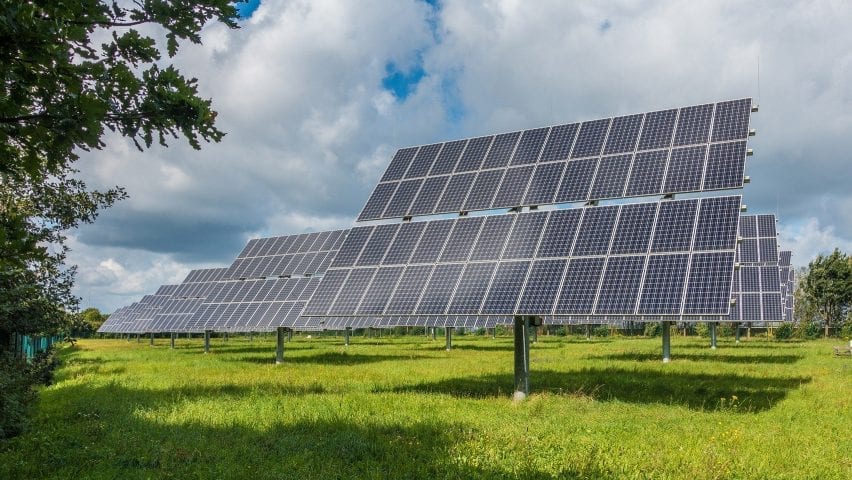
Net-zero emissions by 2050 is "greatest challenge humankind has ever faced"
A report from the International Energy Agency has laid out a roadmap for countries to achieve net-zero carbon dioxide emissions by 2050, but it warns that governments must act fast to slow climate change.
Called Net Zero by 2050: a Roadmap for the Global Energy Sector, the report states that current climate pledges made by governments "fall well short" of what is required to achieve net-zero carbon dioxide emissions by 2050.
To reach net-zero, countries must add no more carbon dioxide to the atmosphere than they take out.
Suggestions from the report, which sets out over 400 milestones that need to be achieved to meet the target, include banning the sale of new fossil-fuel run vehicles, rapidly scaling up renewable energy projects and immediately stopping investment in new fossil fuel supplies.
Net-zero by 2050 "still achievable"
The International Energy Agency (IEA) is an intergovernmental organisation based in Paris that advises its members, who are all signatories of the Paris Agreement, on how to manage their energy supplies.
The energy sector is responsible for around three-quarters of global greenhouse emissions, according to the IEA.
"Our Roadmap shows the priority actions that are needed today to ensure the opportunity of net-zero emissions by 2050 – narrow but still achievable – is not lost," said IEA executive director Fatih Birol.
"The scale and speed of the efforts demanded by this critical and formidable goal – our best chance of tackling climate change and limiting global warming to 1.5 degrees celsius – make this perhaps the greatest challenge humankind has ever faced."
No more investment in fossil fuels
According to the Intergovernmental Panel on Climate Change (IPCC), human-induced warming beyond 1.5 degrees Celsius above pre-industrial levels could cause extreme rain, drought and damage to ecosystems.
The IEA has laid out a timeline of actions for governments to take to avoid this scenario.
The report states that starting today, countries must halt investment in fossil fuel supply projects and coal power plants that don't use carbon capture and storage (CCS) technology, which prevents waste carbon dioxide from entering the atmosphere.
No new boilers that use fossil fuels, such as gas, should be sold after 2025. By 2030, solar and wind power capabilities will need to be greatly increased.
"The pathway calls for annual additions of solar photovoltaic to reach 630 gigawatts by 2030 and those of wind power to reach 390 gigawatts," the IEA report said.
"For solar photovoltaic, it is equivalent to installing the world's current largest solar park roughly every day."
More funding for clean technologies
Vehicles that use internal combustion engines should be banned by 2035, the report recommended.
Governments must also fund research and development into new technologies such as better batteries for storing renewable energy and systems for capturing carbon from the air and storing it, the report advised.
Worldwide investment in clean energy, it estimated, will need to be $4 trillion by 2030.
Earlier this week, US climate envoy John Kerry claimed many of the technologies needed to achieve net-zero by 2050 are yet to be invented.
The roadmap has been published ahead of the 26th Conference of the Parties (COP26) of the United Nations Climate Change Framework Convention, which is happening in Glasgow in September.
Countries that have made legally binding pledges to be net-zero on carbon emissions by 2050 include Sweden, the UK, France, Denmark, New Zealand, Hungary, Japan and Korea.
A host of companies have pledged to go net-zero sooner than 2050. Technology company Apple promised to go net-zero by 2030, while Microsoft announced it will net-zero by 2030 and aims to have removed more carbon from the atmosphere than it has ever emitted by 2050.
Main image is by Sebastian Ganso from Pixabay.